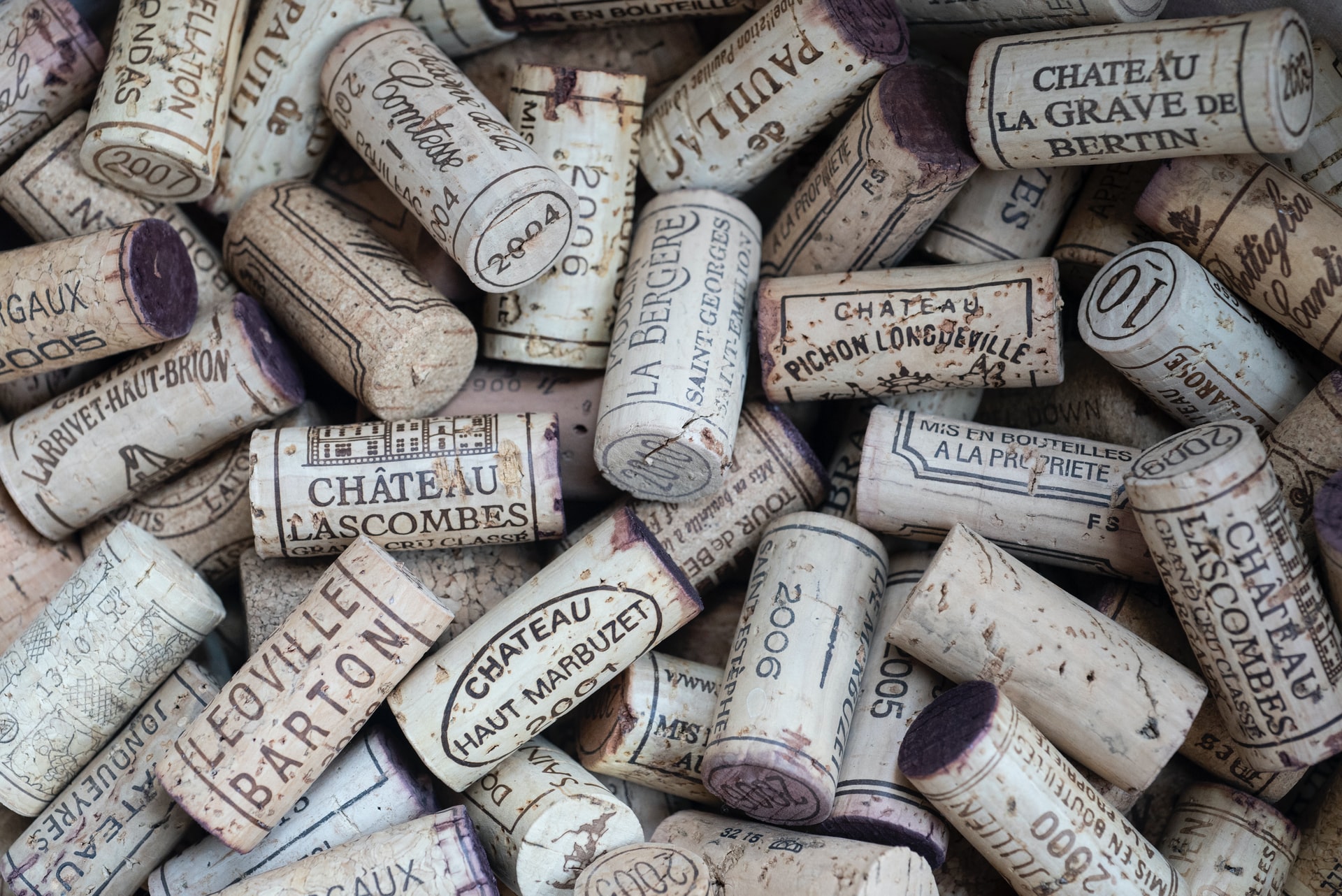Natural cork can compost, but it takes time—and it may not make it through the hot composting process. When real corks end up in landfills, they may take forever to decompose, and composting them involves steps.
Table of Contents
Can Natural Corks be Composted?
Natural corks are made from the bark of cork oak trees. The process requires little energy, and a single bark extraction can produce thousands of corks.
Nevertheless, they’re more environmentally friendly than metal or plastic bottle stoppers.
Natural corks can compost, but it takes time—and they may not make it through the hot composting process.
Can You Compost Wine Corks?
Wine, just like other drinks, is part of our daily life. The wine bottles have stoppers that are natural or synthetic corks. Over time you may collect piles of wine corks and wonder if you can compost them.
Yes, you can compost wine corks that have not been treated with a chemical sealant; these are typically brown or black.
The corks are treated with cork wax to seal up their pores and help them retain their shape. Unfortunately, although the wax is a non-toxic substance, it makes the corks take longer to break down.
As a result, synthetic corks cannot be composed, and recycling is the best option to preserve them.
Moreover, bottles of champagne or sparkling wine contain sulfide, which produces hydrogen sulfide gas when in contact with organic matter. This gas smells like rotten eggs, so you’ll know if you have some in your compost pile!
In addition, they attract pests into the compost bin.
Is a Wine Cork Biodegradable?

Yes, wine corks are biodegradable. However, while it is true that you can compost wine corks, they decompose at a much slower rate than most other materials.
They are made from the bark of the cork oak trees, and cork oaks take around 20 years to mature into trees that can be harvested for their bark.
When a cork oak tree is harvested for its bark, all of that carbon stays in the tree until it eventually decomposes (which can take up to 1000 years).
So if you toss your used wine corks into your yard waste or compost pile, you might be adding extra carbon to the environment.
Alternatively, you can take old wine corks into a recycling bin and place them in drop-off locations for recycling programs.
Moreover, you can reuse them as a candle holder or wind chime base.
How to Compost Corks: 4 Key Steps
Step 1: Scrape off the dirt on the cork surface
Shred or cut into small pieces. If there is a machine, you can shred the corks (you can use a high-speed blender) so they end up in powder form.
However, you can also try to cut them into small pieces, like quarters or even smaller if possible.
Step 2: Prepare the compost bin
The composite bin should have holes that will allow aeration all through the bin.
Step 3: Materials to use in the bin
Start by adding hays or grass clippings to the bottom of the bin, and then add other brown organic material with the shredded cork materials.
The brown organic material could be any dry, organic matter rich in carbon. Please do not put a lot of the brown matter since cork is also a brown material.
On the top, add all the green organic materials. Remember that cork will require a lot of green material to decompose.
Step 4: Close the compost bin tightly
Stir the compost heap after three weeks. Since compost wine corks may take a long to decompose, you should stir them regularly.
In addition, stirring will ensure that it is regularly combined and does not form a clump that will only delay breakdown.
How Long Does It Take For Corks To Decompose?
It can take a long time, up to 6 months, for corks to decompose because it is impermeable. Its impermeable nature makes it difficult to break down and will not allow moisture to go through it.
In addition, the hard layer makes it resistant to molds, water damage, and fungus.
The only way to quicken the process is to shred it into powder or smaller pieces and decompose it under particular conditions.
Does Cork Decompose In Water?

It may take many years for the cork to decompose in water because cork does not absorb moisture.
It is an impermeable material, one attribute that makes cork fit for making wine stoppers.
The cutin, wax, and suberin present in the cell wall contribute to its impermeability.
How Do You Mulch Wine Corks?
Mulching cork is the DIY method of cork recycling. There are two methods you can use to mulch the corks.
The first one is the manual method, and the second one uses a high-speed blender.
Materials you’ll need include:
1. Serrated knife
2. Cutting board
3. Wine corks
4. High-speed blender
5. Plants that need mulching
The Manual Method
- Sort all the used corks. Some may be synthetic corks, so ensure that you only choose natural wine corks for the mulching.
- Get cutting. Using the knife and the chopping board, cut those natural corks. You can decide to cut them into quarters per piece or even smaller. It all depends on your preference.
- Mulch the plants. Once you’ve gotten your desired quantity and size, spread them on the plants’ pot, and hooray. You have just mulched your plant.
The High-Speed Blender Method
- After sorting out all the natural corks, add up to 7 pieces of the corks into your blender. Of course, depending on how powerful your blender is, you can take less. Then close it with its lid.
- Start the blender at a lower speed as you observe if it can blend the corks. Then, adjust the speed slowly until it is a high speed, and watch as your cork becomes finer.
- Pour the blended ones into a bowl and repeat the process until they have your desired size.
- Spread the powder as a mulch layer on your plants.
To summarize, wine corks can be natural or synthetic. It is possible to compost the natural wine corks. However, it may take years to compost these wine corks fully.

